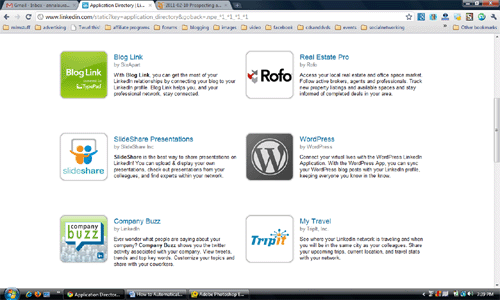 What’s the best way to write a script for a video? Content marketing with videos is a key marketing tool, and it’s getting easier to do.
What’s the best way to write a script for a video? Content marketing with videos is a key marketing tool, and it’s getting easier to do.
Here’s a new video the folks over at iMotionVideo Studios produced for me. I just love this service. Left to my own devices, I’d probably make one video every few months. But with a low-fee monthly subscription for a year, I know I’ve got a one-minute video commercial coming every 30 days. This is key for content marketing.
Why would I want that many? I don’t really, but for content marketing to work you need as much content as you can, in all forms. I use them to submit to video directories, post to YouTube, and it all counts to get found in Google searches. Some content marketing things have to combine quality AND frequency.
Most of the time I focus on how important it is to write quality online content for your readers, and teach my clients to achieve maximum results, they have to be writing things that are relevant and important to their readers: how do you solve their problems. Read More→












